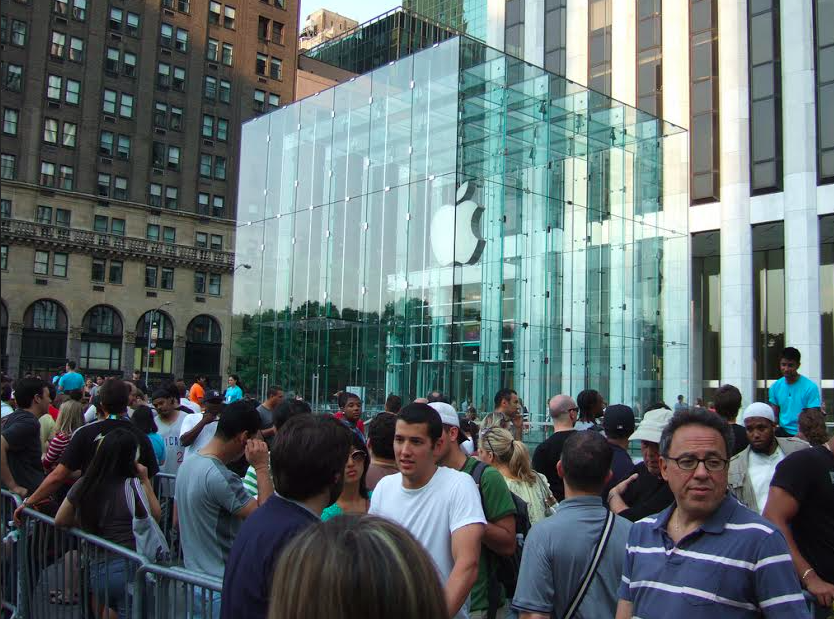Pre-emptive Hype
You’ve probably gotten excited about something at some point in your life. I refuse to believe you haven’t, because getting excited about things is kind of a thing that people do. Maybe, at one point, you got excited about a product that wasn’t released yet. Maybe, you got so excited about that product that you felt the irresistible need to throw money directly at the feet of whoever’s making it. If you’ve ever done this, then I regret to inform you that you’ve fueled a terrible practice in the technology industry that needs to stop.
What I’ve just described is colloquially referred to as pre-ordering. The term is usually used in the context of book or video game releases, and usually have a limited number of physical copies that are released within a certain timeframe. With the annual release season of November and December closing in, pre-orders in the technology industry are booming.
The practice of pre-ordering is particularly rampant in the video game industry, since almost every other pre-ordered game is shipped alongside some sort of bonus for, such as extra content or competitive advantages in multiplayer games. Preordering games, at some point, was good for consumers. They could reserve a physical copy of a game and pick it up on launch day, guaranteeing that they would be able to enjoy the product right away. Of course, there were (and still are) problems with this system. Once a customer pays for a product, the company making that product is essentially receiving guaranteed revenue, regardless of product’s quality. In the gaming industry, reviews usually aren’t allowed to be published until launch day or shortly before launch day. If a publisher preemptively makes a profit on an unreleased game, then there’s not much of an incentive to ensure a fully finished product on release.
What has happened far too many times is the following:
- A big developer announces a new game.
- People get immensely hyped up based on trailers that don’t represent the game and previews conducted in tightly controlled environments.
- The game rakes in huge amounts of preorder revenue before release.
- The game releases.
- Reviews are published, and it turns out the game isn’t very enjoyable, or in some cases, outright fails to function.
- Most people who preordered just stick with having bought the product either because they don’t care enough to get a refund, or because refund policies force them to.
Due to pre-ordering, there have been an increasing number of releases that fail to perform on the most basic level (read: run on the machines they’re supposed to run on): the last Assassin’s Creed, SimCity 2013, Watch Dogs, and so many other titles failed to run on an acceptable technical level on one or several of the platforms they were released on.
Pre-ordering represents something more than just bad business practice–it represents consumers’ tendency to get preemptively hyped about things they barely know anything about. We see this everywhere: Star Wars Episode VII will apparently be the best one in the series, if you trust a bunch of fans who’ve seen around 120 seconds of footage spliced together. The new Apple thing is going to be amazing, even though Apple has put out spectacularly bad products, both hardware and software, onto the market. There’s a clear asymmetrical relationship in place here: we grow emotionally attached to a product, but the product developers don’t grow particularly attached to us. They’re more interested, above all, in revenue. And like all relationships with asymmetrical emotional investment, the relationship we build with unreleased products is unsustainable.

A senior, Chris is joining The Talon as a Columnist. He would have been happy just doing whatever he’s told to do, but unfortunately, he’s required...










